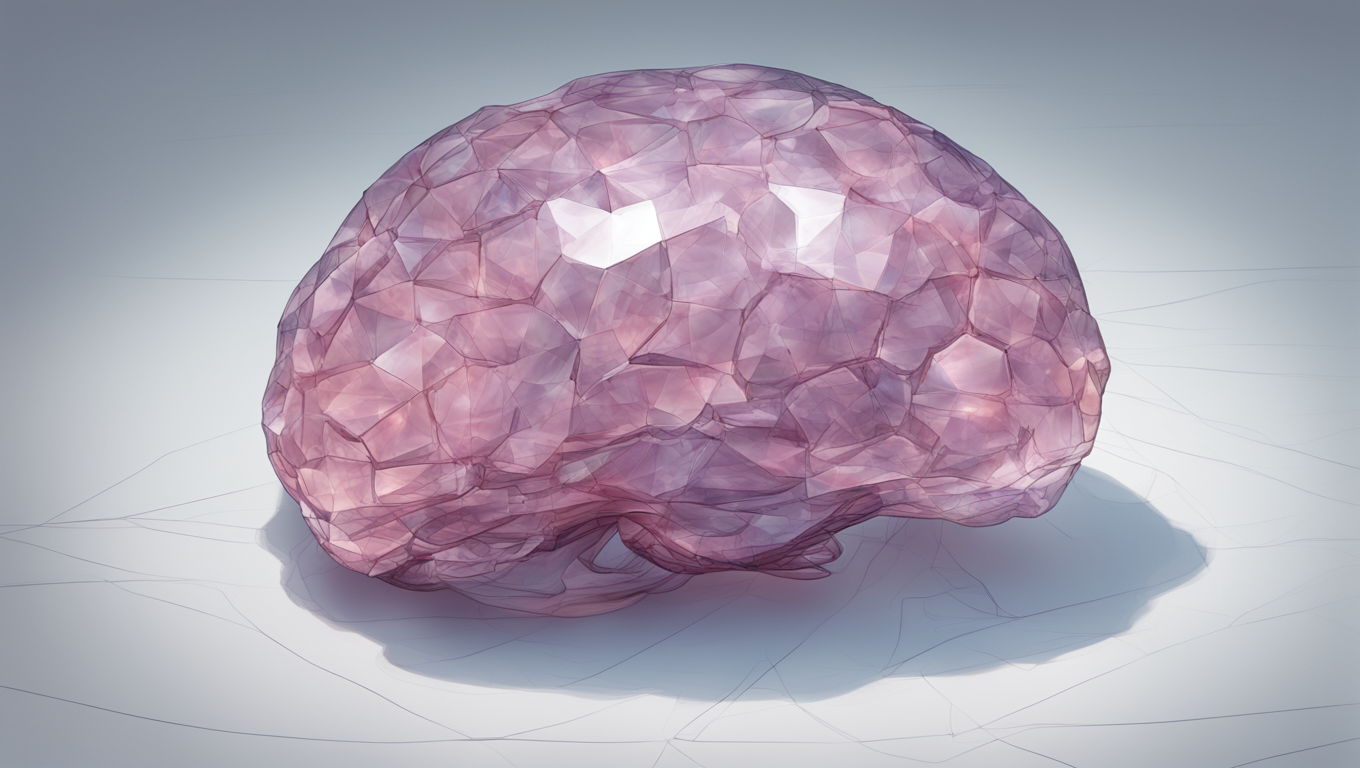In the fast-paced world of artificial intelligence (AI) development, Google has made another groundbreaking announcement. Following the recent buzz around OpenAI’s text-to-video model Sora, Google has unveiled its own open-source AI model called Gemma. While Google has been working on larger and more complex models like Gemini, Gemma is a lightweight model specifically designed to assist developers in building AI responsibly, aligning with Google’s AI principles.
Derived from the Latin word meaning “precious stone,” Gemma is a family of state-of-the-art open models built using research and technology from Google DeepMind and other teams at Google. It comes in two sizes: Gemma 2B and Gemma 7B, both of which are offered in pre-trained and instruction-tuned variants. To support developers in creating safer AI applications with Gemma, Google has also released the Responsible Generative AI toolkit, providing essential tools and guidance.
Google has taken steps to make Gemma accessible to developers by offering toolchains for inference and supervised fine-tuning across major frameworks, including JAX, PyTorch, and TensorFlow through native Keras 3.0. Additionally, Gemma integrates with popular tools like Hugging Face, NVIDIA, NeMo, MaxText, and TensorRT-LLM, making it easy for developers to get started.
According to Google, their aim is to democratize AI models, and Gemma is no exception. The lightweight models can be deployed on laptops, workstations, or even on the Google Cloud, thanks to their optimization for multiple AI hardware platforms, including NVIDIA GPUs and Google Cloud TPUs. This ensures industry-leading performance and flexibility for developers.
In terms of performance, Gemma shares key technical and infrastructure components with Google’s most capable AI model, Gemini. Both Gemma 2B and Gemma 7B achieve “best-in-class performance” compared to other open models of their sizes. Furthermore, Gemma has outperformed significantly larger models in various benchmarks, showcasing its prowess in reasoning, mathematics, and code generation.
What sets Gemma apart is its commitment to responsible AI. Google claims that Gemma is designed in compliance with their AI principles, with automated techniques used to filter personal information and sensitive data from training sets. The models have also undergone fine-tuning with human feedback to promote responsible behaviors. Thorough evaluations, including automated and manual testing, have been conducted to minimize risk.
To support developers in prioritizing safety in AI applications, Google provides a toolkit alongside Gemma. This toolkit includes methods for building safety classifiers, debugging tools, and guidance based on Google’s experience in developing large language models.
Google’s AI principles underline its commitment to developing technology responsibly. According to Google, AI applications should be socially beneficial, avoid reinforcing bias, be built and tested for safety, and be accountable to people while upholding privacy and scientific excellence. Google has also outlined the application areas in which it will not design or deploy AI, including technologies that cause overall harm, weapons or tools designed to harm individuals, surveillance technology violating global norms, and AI conflicting with international law or human rights.
As the AI field continues to evolve and grow, it is imperative that developers and organizations prioritize responsible AI development. Google’s introduction of Gemma, along with its commitment to AI principles and safety practices, marks a significant step towards ensuring the ethical and responsible use of AI technology. With Gemma’s lightweight design and accessible tools, developers worldwide now have more opportunities to create AI applications aligned with these principles.





Use the share button below if you liked it.